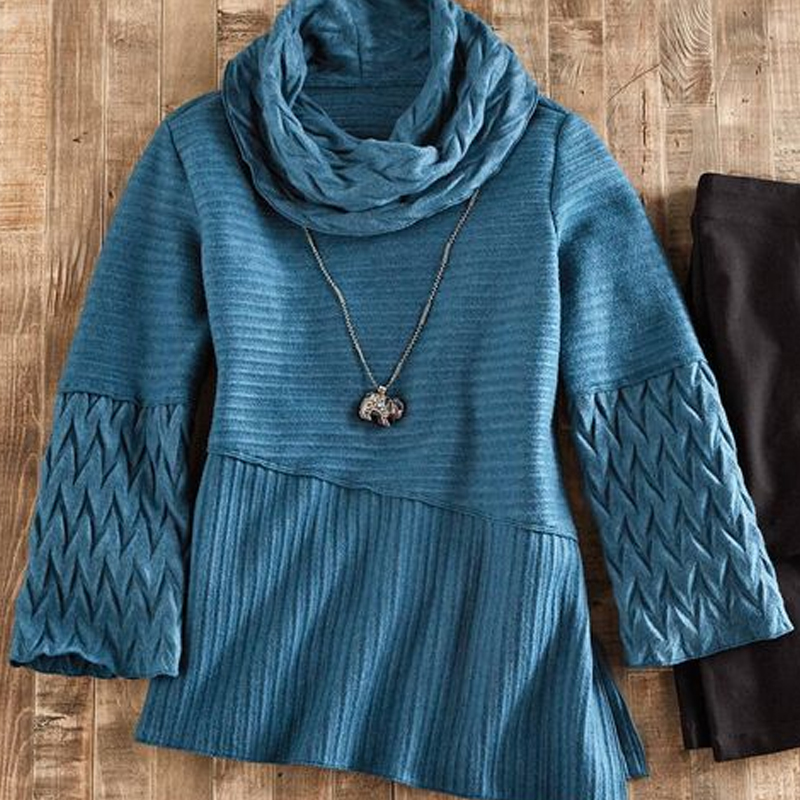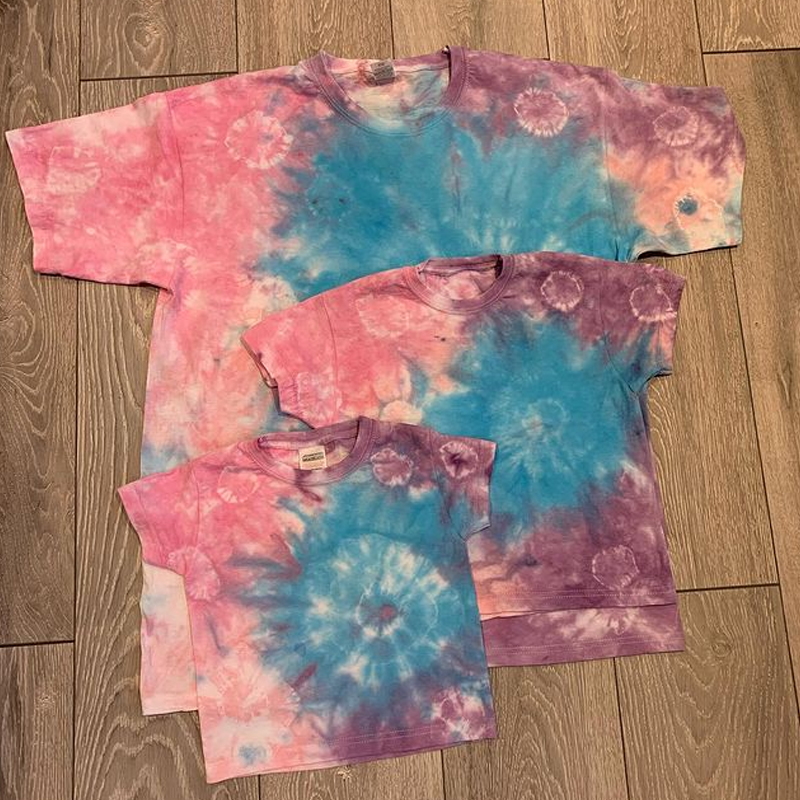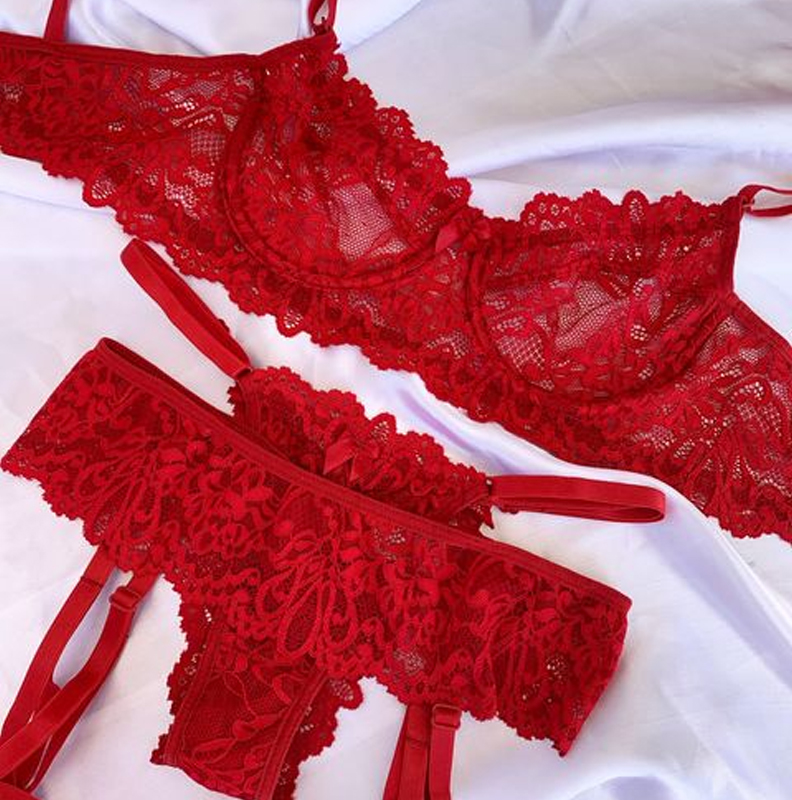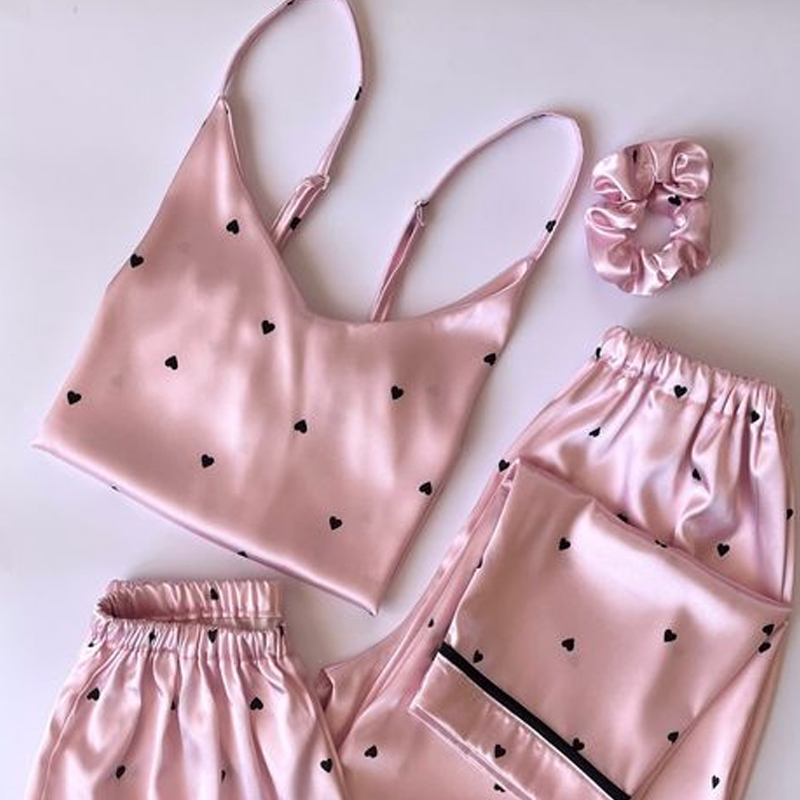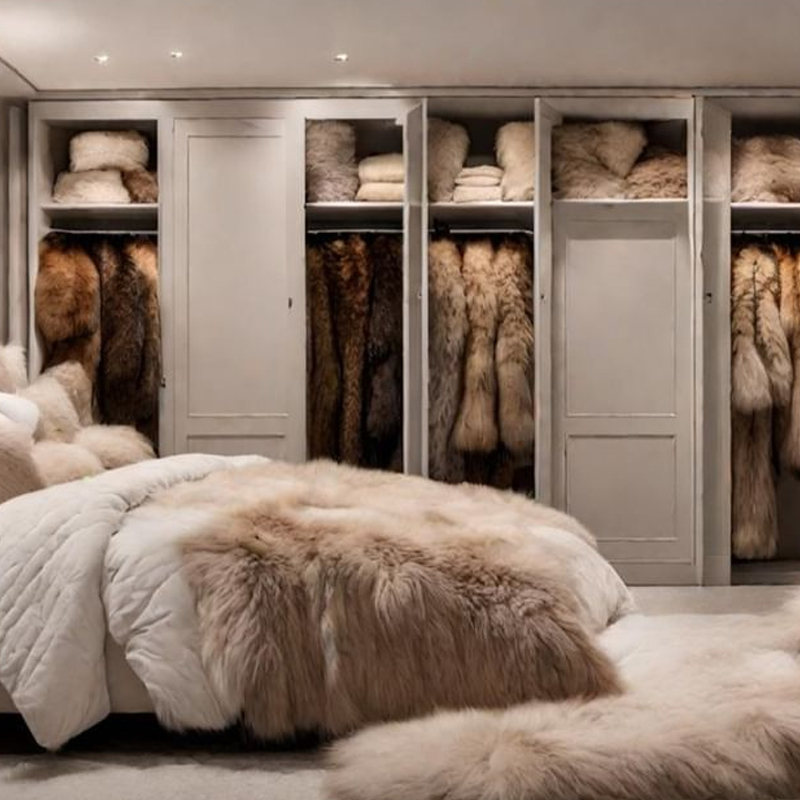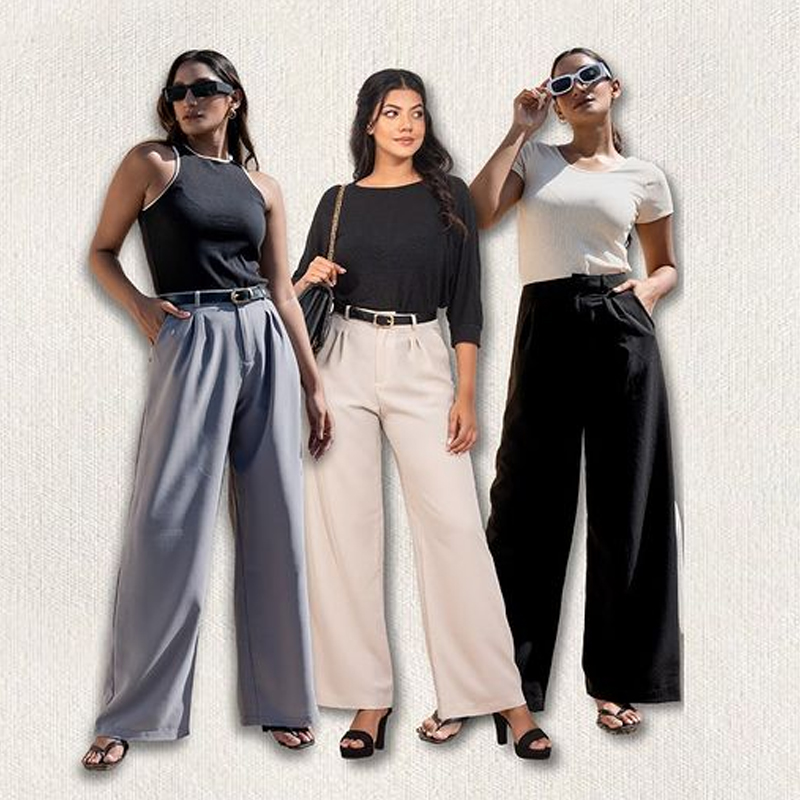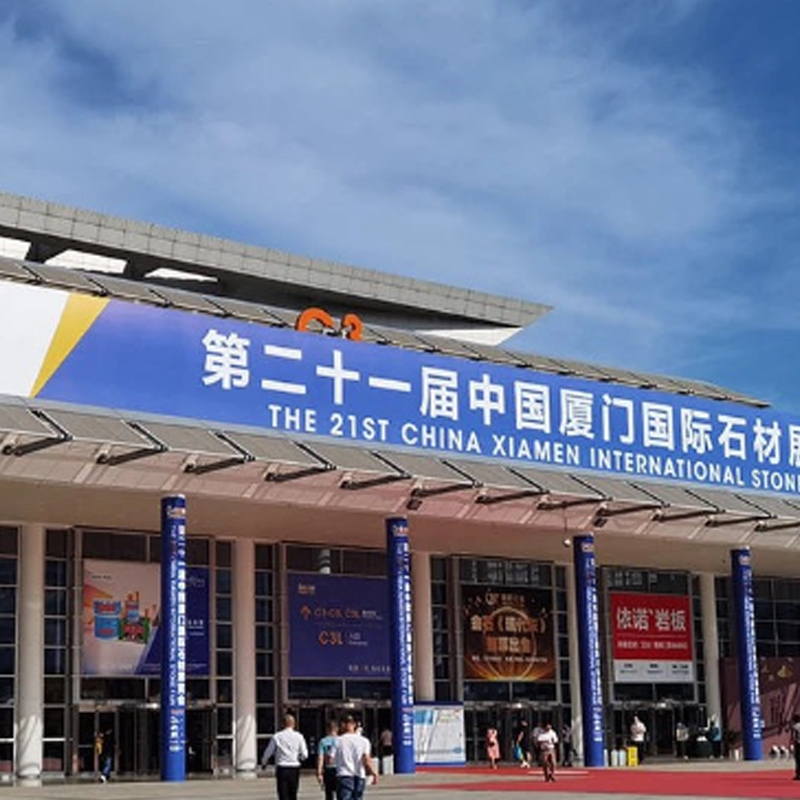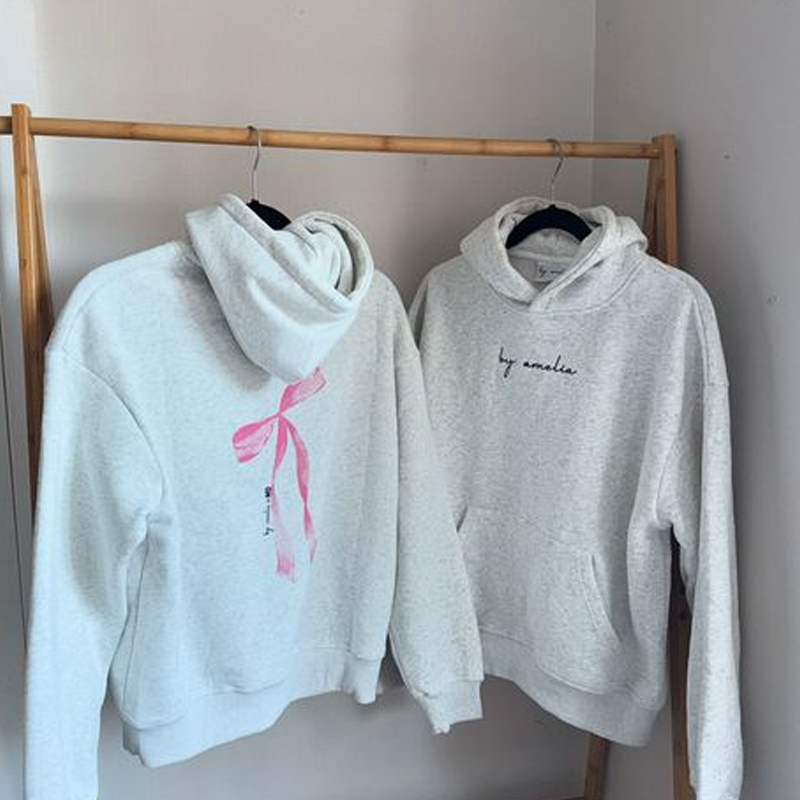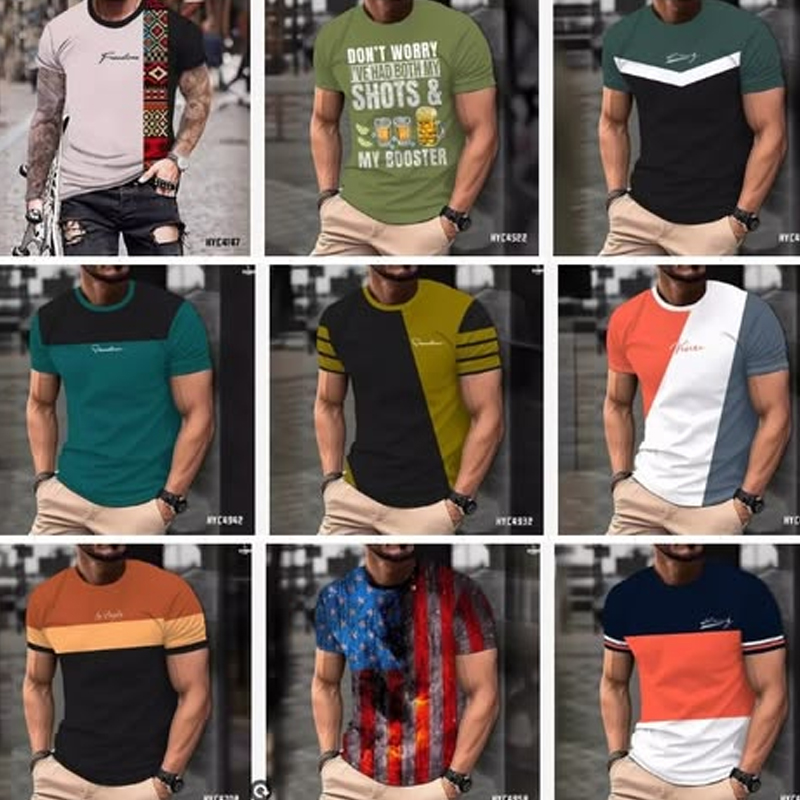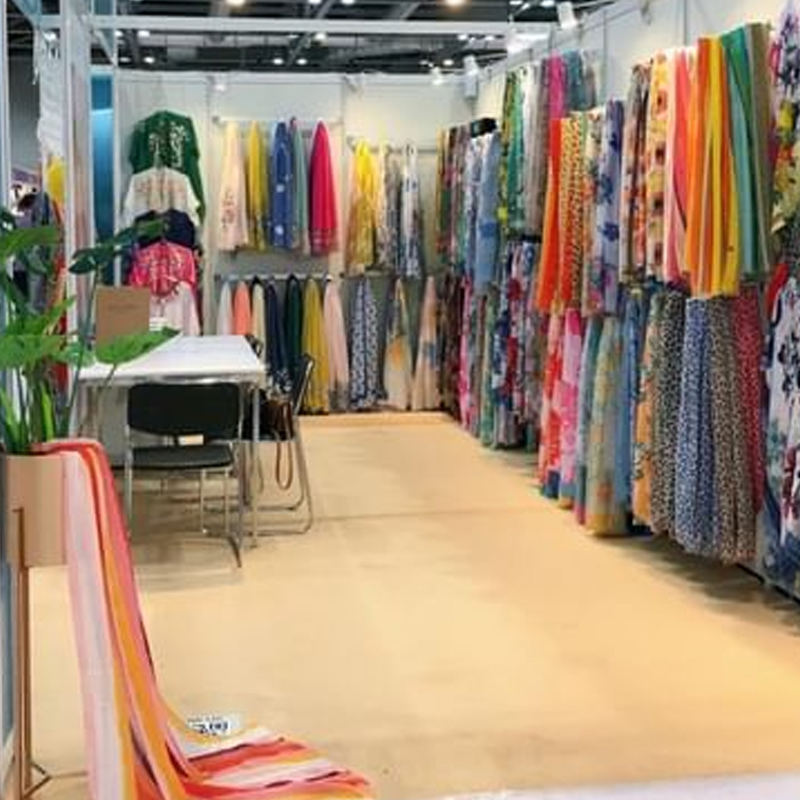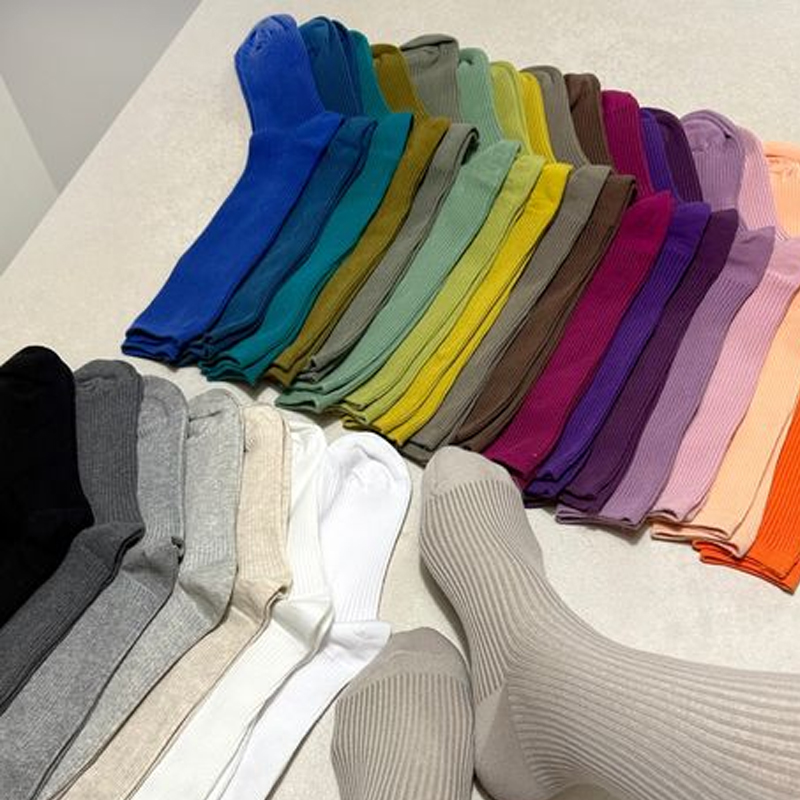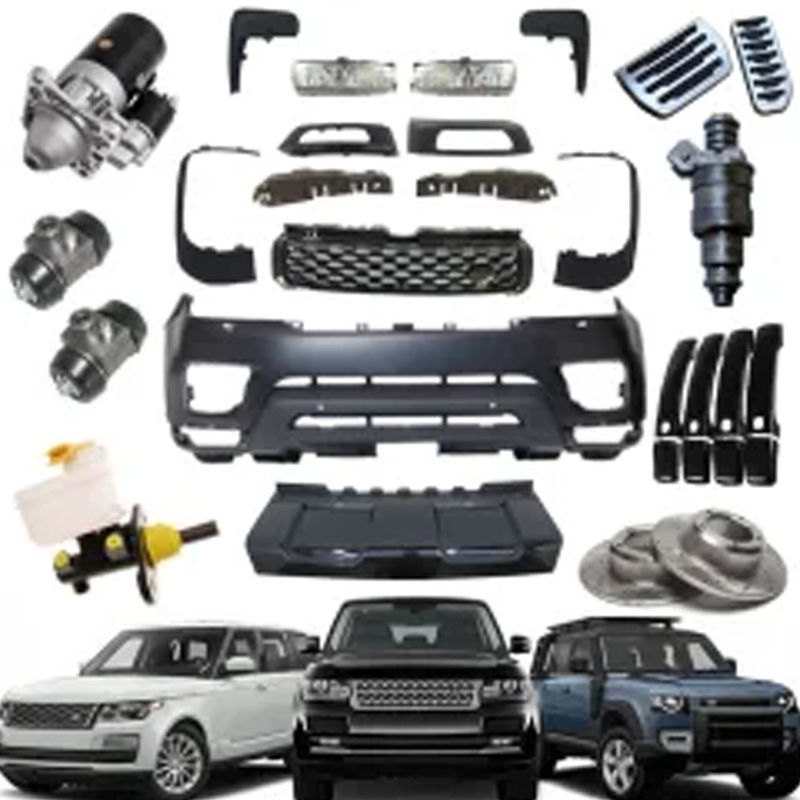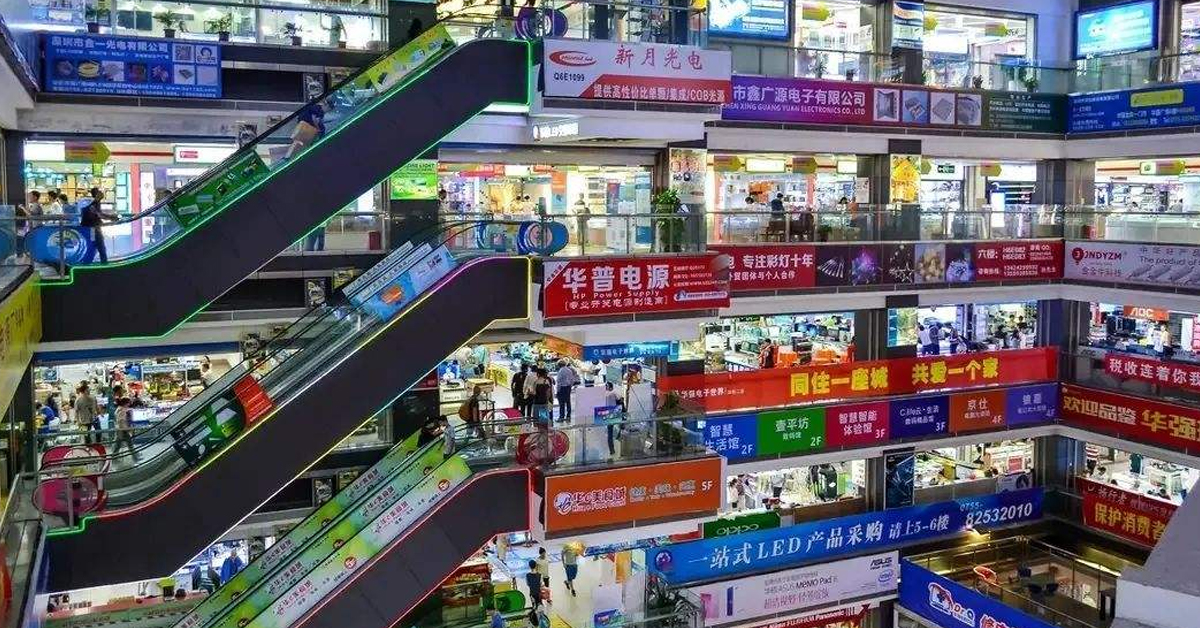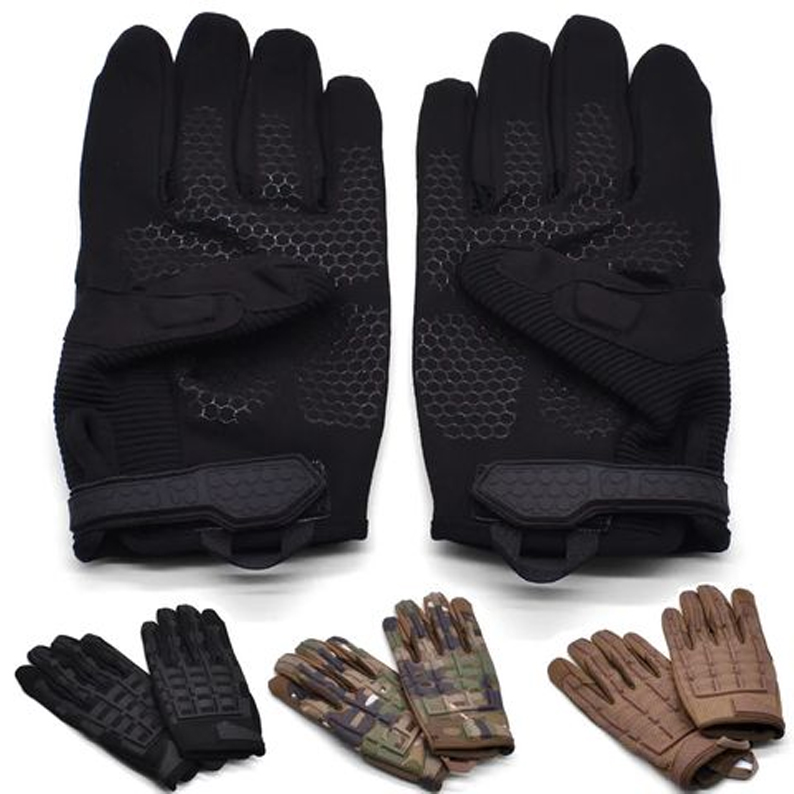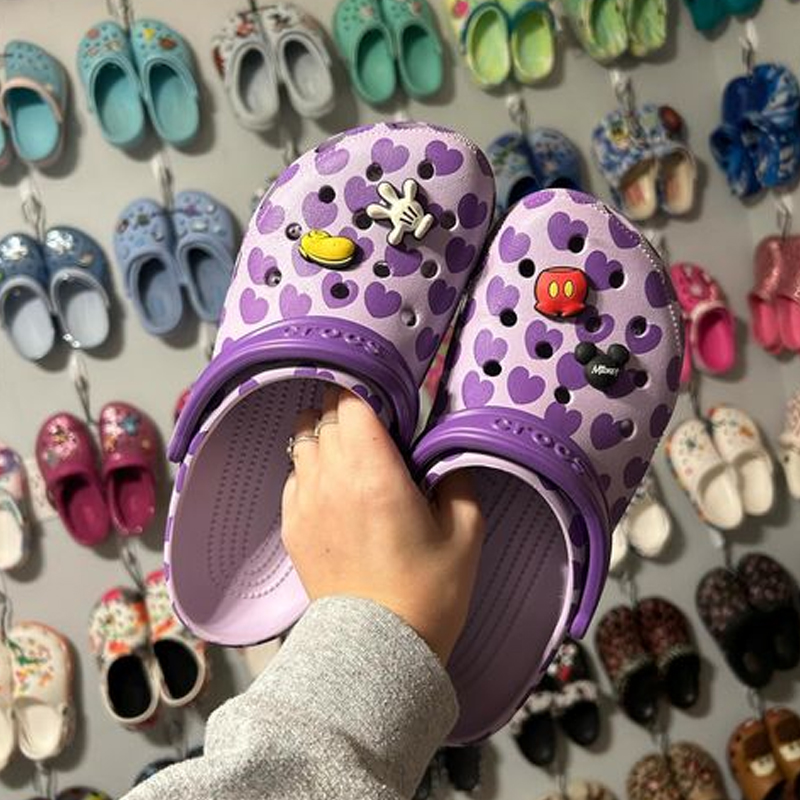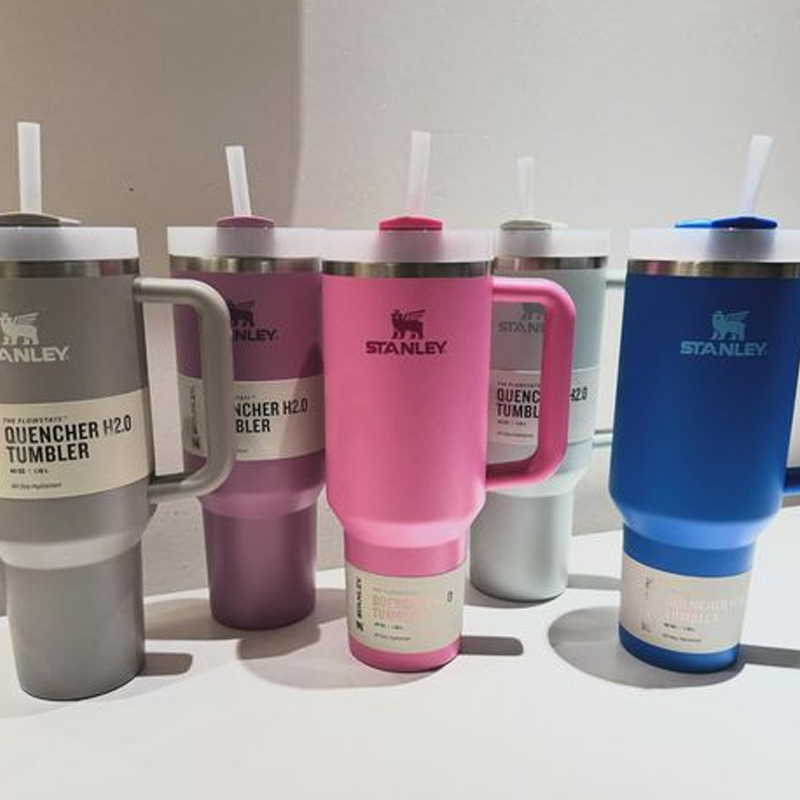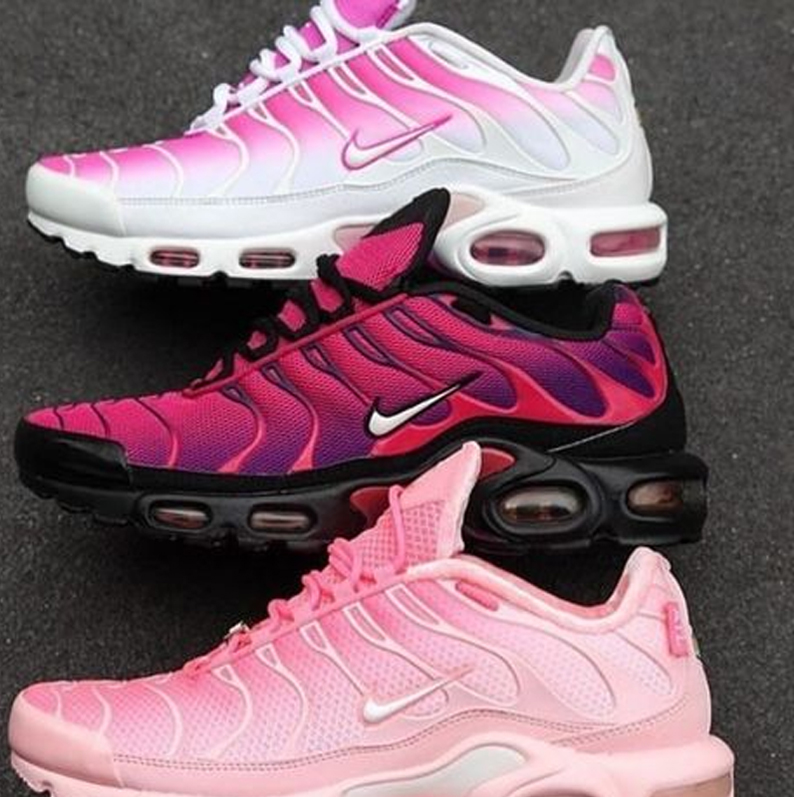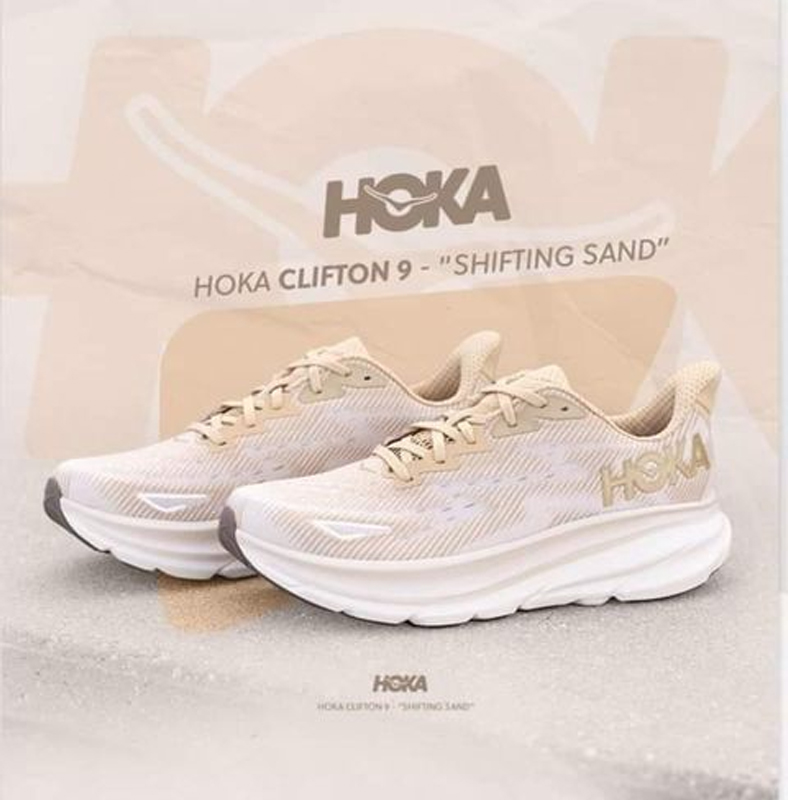Ever wondered where your Coach handbag really comes from? This article takes you behind the scenes of Coach’s global manufacturing empire, tracing the journey from leather selection to final quality checks. You’ll discover how a brand founded in a New York City loft now produces millions of bags annually across factories spanning from Vietnam to the Philippines. Whether you’re a fashion enthusiast or industry insider, understanding Coach’s production process offers valuable insights into the luxury goods market and global supply chains.
Key Takeaways: Understanding Coach’s Global Manufacturing Footprint
- Coach has transitioned from a US-centric brand to a global manufacturing powerhouse
- Vietnam is now the primary production hub, with China and the Philippines also playing significant roles
- Limited “Made in USA” production continues, mainly for special collections
- Quality control and worker conditions are ongoing focus areas as Coach manages its global supply chain
- Sustainability initiatives are increasingly shaping Coach’s production strategies
The Evolution of Coach: From American Icon to Global Powerhouse
Coach’s story begins in 1941, when six artisans founded the company in a small Manhattan loft. Originally focused on leather wallets and billfolds, Coach soon expanded into handbags, establishing itself as a quintessentially American brand known for quality and craftsmanship.
As demand grew, so did Coach’s production needs. The company gradually shifted from its New York roots to a global manufacturing network. Today, Coach bags originate from factories located across Asia, with significant operations in Vietnam, China, and the Philippines.
This expansion allowed Coach to increase its production capacity while maintaining its commitment to quality. However, it also raised questions about authenticity and ethical manufacturing practices in the luxury goods industry.

Where Are Coach Bags Actually Made?
While Coach was founded and headquartered in New York City, the vast majority of its products are now manufactured overseas. Here’s a breakdown of Coach’s primary production locations:
- Vietnam: Currently Coach’s largest production hub
- China: A significant portion of Coach bags are still made here
- Philippines: An increasingly important manufacturing center
- India: Some production, especially for certain leather goods
- USA: Limited production of select items, often for special collections
It’s worth noting that the “Made in” label on a Coach bag indicates its final assembly location. Components and materials may originate from various countries before reaching the final production facility.
Inside Coach’s Vietnam Factories: The New Heart of Production
Vietnam has become the cornerstone of Coach’s manufacturing operations in recent years. The company has invested heavily in state-of-the-art facilities that combine traditional leather craftsmanship with modern production techniques.
These factories employ thousands of skilled workers, many of whom have years of experience in luxury goods manufacturing. Coach has implemented rigorous training programs to ensure consistent quality across its expanding Vietnamese operations.
The shift to Vietnam reflects broader trends in the fashion industry, as brands seek to diversify their supply chains and take advantage of Vietnam’s growing expertise in high-end manufacturing.
China’s Evolving Role in Coach Production
While Vietnam may be the new star, China remains a crucial part of Coach’s manufacturing network. The company has longstanding relationships with Chinese factories that have been producing Coach goods for decades.
However, rising labor costs and geopolitical tensions have led Coach to gradually reduce its reliance on Chinese production. Today, China’s role focuses more on specialized techniques and certain product lines rather than mass production.
Coach’s experience in China showcases the dynamic nature of global supply chains, as brands constantly adapt to changing economic and political landscapes.
Made in USA: Does Coach Still Produce Domestically?
For those seeking American-made luxury goods, Coach does maintain some domestic production. However, it’s important to understand the limited scope:
- A small workshop in New York City produces limited edition and custom pieces
- Certain leather accessories are still crafted in the USA
- Special “Made in USA” collections are occasionally released
While domestic production is a fraction of Coach’s total output, it allows the brand to maintain a connection to its American heritage and cater to consumers who prioritize US-made products.
The Art of Leather Sourcing: Where Does Coach Find Its Materials?
Quality leather is the foundation of any luxury handbag, and Coach takes its sourcing seriously. The company sources leather from tanneries around the world, with a focus on:
- Italy: Known for high-quality, soft leathers
- South America: Primarily cowhides
- New Zealand: Particularly for lambskin
Coach has implemented sustainable practices in its leather sourcing, working with suppliers who adhere to environmental and ethical standards. This includes using by-products from the meat industry and exploring innovative, eco-friendly tanning processes.
The material sourcing process is a crucial but often overlooked aspect of handbag manufacturing, directly impacting the final product’s quality and environmental footprint.
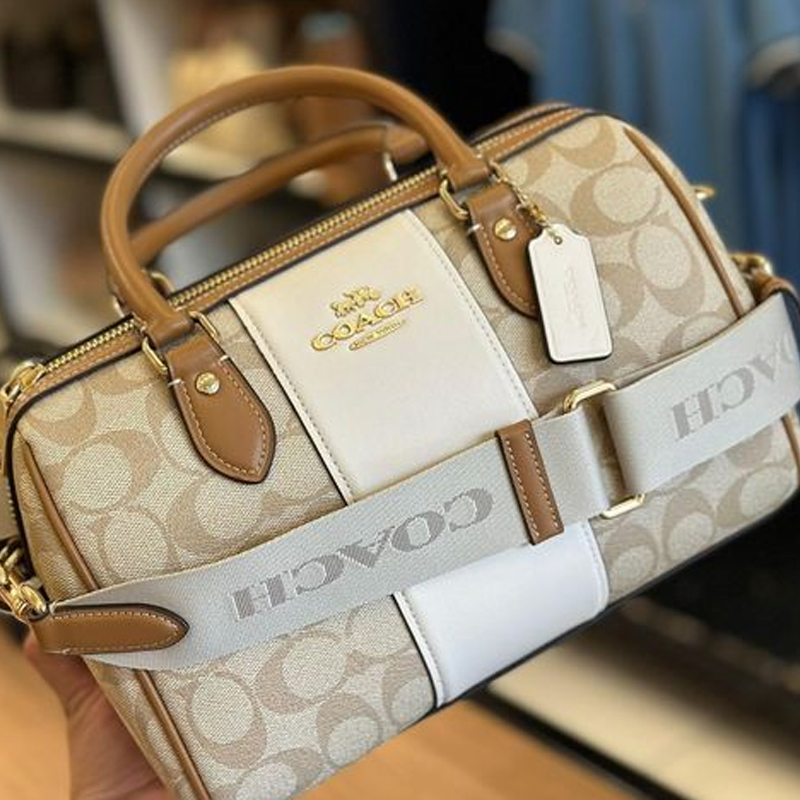
From Sketch to Store: Coach’s Design and Production Process
Creating a Coach bag involves a complex journey from initial concept to final product. Here’s a simplified overview:
- Design: Sketches are created in New York, inspired by fashion trends and brand heritage
- Prototyping: Initial samples are made, often in the USA or Italy
- Material Selection: Leathers and hardware are chosen
- Production Planning: The global supply chain team determines where each style will be manufactured
- Manufacturing: Bags are produced in factories across Asia (primarily Vietnam, China, Philippines)
- Quality Control: Rigorous checks are performed at multiple stages
- Distribution: Finished products are shipped to regional distribution centers
- Retail: Bags arrive in stores or are shipped directly to online customers
This process can take anywhere from 6 months to over a year, highlighting the long lead times in luxury fashion production.
Quality Assurance: How Coach Maintains Standards Across Global Facilities
Maintaining consistent quality across a global production network is one of Coach’s biggest challenges. The company employs a multi-layered approach:
- On-site Quality Teams: Each factory has dedicated QC staff
- Regular Audits: Both announced and surprise inspections of facilities
- Standardized Processes: Uniform production methods across all locations
- Training Programs: Ongoing education for workers on Coach’s quality standards
- Technology Integration: Use of digital tools to track and manage quality metrics
These measures help ensure that a Coach bag maintains the same level of craftsmanship whether it’s made in Vietnam, China, or the Philippines.
The Human Element: Worker Conditions in Coach’s Global Factories
As consumers become increasingly concerned about ethical manufacturing, Coach has faced scrutiny over worker conditions in its overseas factories. The company has responded with initiatives aimed at improving labor practices:
- Implementation of fair wage policies
- Health and safety improvements in factories
- Partnerships with local NGOs to support worker rights
- Transparency reports on labor conditions
While challenges remain, Coach’s efforts reflect a broader trend in the luxury goods industry towards more ethical and transparent manufacturing practices.
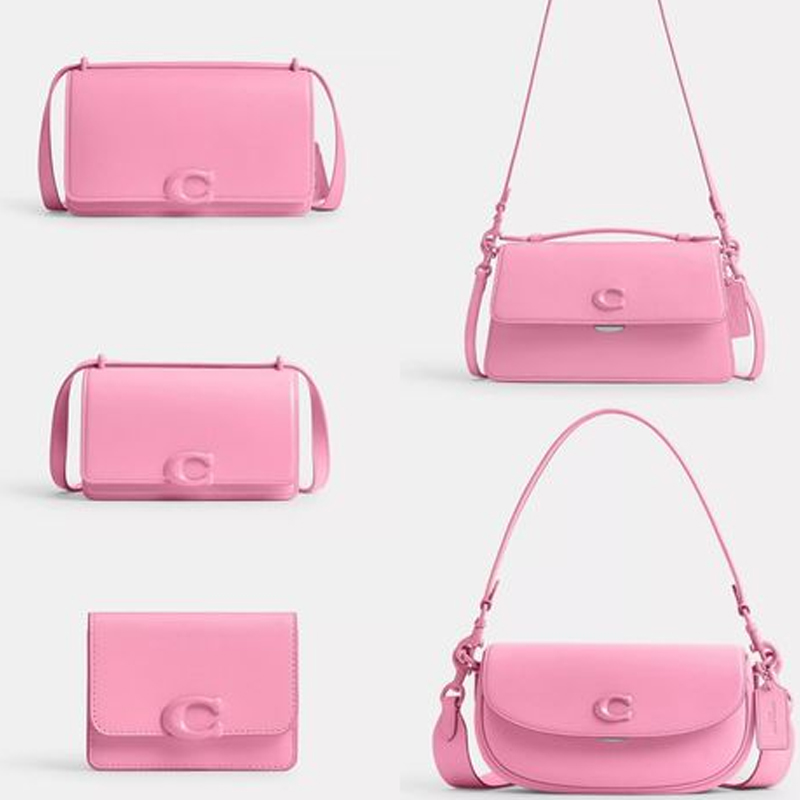
Environmental Impact: Coach’s Sustainability Initiatives in Production
Luxury brands are under increasing pressure to address their environmental impact, and Coach has launched several initiatives in response:
- Material Innovation: Exploring eco-friendly alternatives to traditional leathers
- Waste Reduction: Implementing recycling programs in factories
- Energy Efficiency: Upgrading facilities with green technologies
- Packaging: Moving towards recyclable and biodegradable options
These efforts are part of Coach’s broader sustainability strategy, which aims to reduce the brand’s environmental footprint across its entire supply chain.
The Future of Coach Production: Trends and Predictions
As we look ahead, several trends are likely to shape Coach’s manufacturing strategy:
- Increased Automation: While craftsmanship remains crucial, robotics and AI may play a larger role in production
- Localization: Potential shift towards more regional production to reduce shipping and improve sustainability
- Customization: Greater focus on made-to-order and personalized products
- Transparency: More detailed disclosure of supply chain information to consumers
These changes will likely impact not just Coach, but the entire luxury goods industry as it adapts to evolving consumer preferences and global challenges.
Exploring Manufacturing Partnerships: Is China Still a Viable Option?
While Coach has diversified its manufacturing base, China remains a crucial player in the global luxury goods industry. For businesses looking to tap into China’s manufacturing expertise, it’s essential to navigate the complexities of sourcing and production carefully.
China’s factories offer a unique combination of skilled labor, advanced technology, and established supply chains that can be invaluable for brands in the fashion and accessories space. However, finding the right manufacturing partner requires in-depth knowledge and careful vetting.
If you’re considering Chinese factories as a potential support for your business, particularly in the fashion or luxury goods sector, we at BuyFromChinaDirect can help. Our team specializes in connecting businesses with reputable Chinese manufacturers, ensuring quality production and ethical practices. We can guide you through the process of sourcing in a smarter, more efficient way, just as major brands like Coach have leveraged global manufacturing networks to their advantage.
By partnering with experts who understand both the intricacies of production and the nuances of working with Chinese factories, you can potentially access the same level of craftsmanship and efficiency that has helped propel Coach to its position as a global luxury leader.

